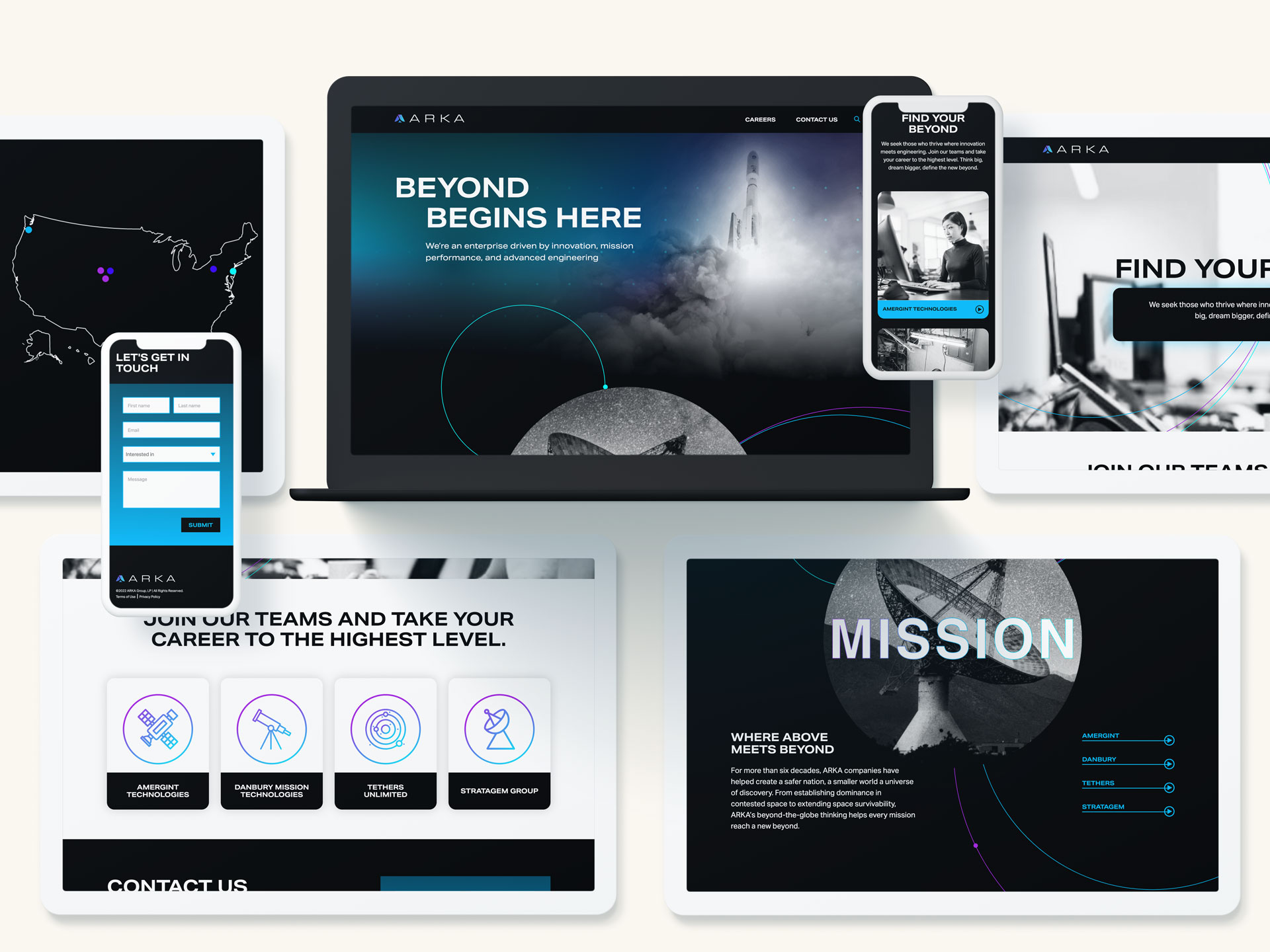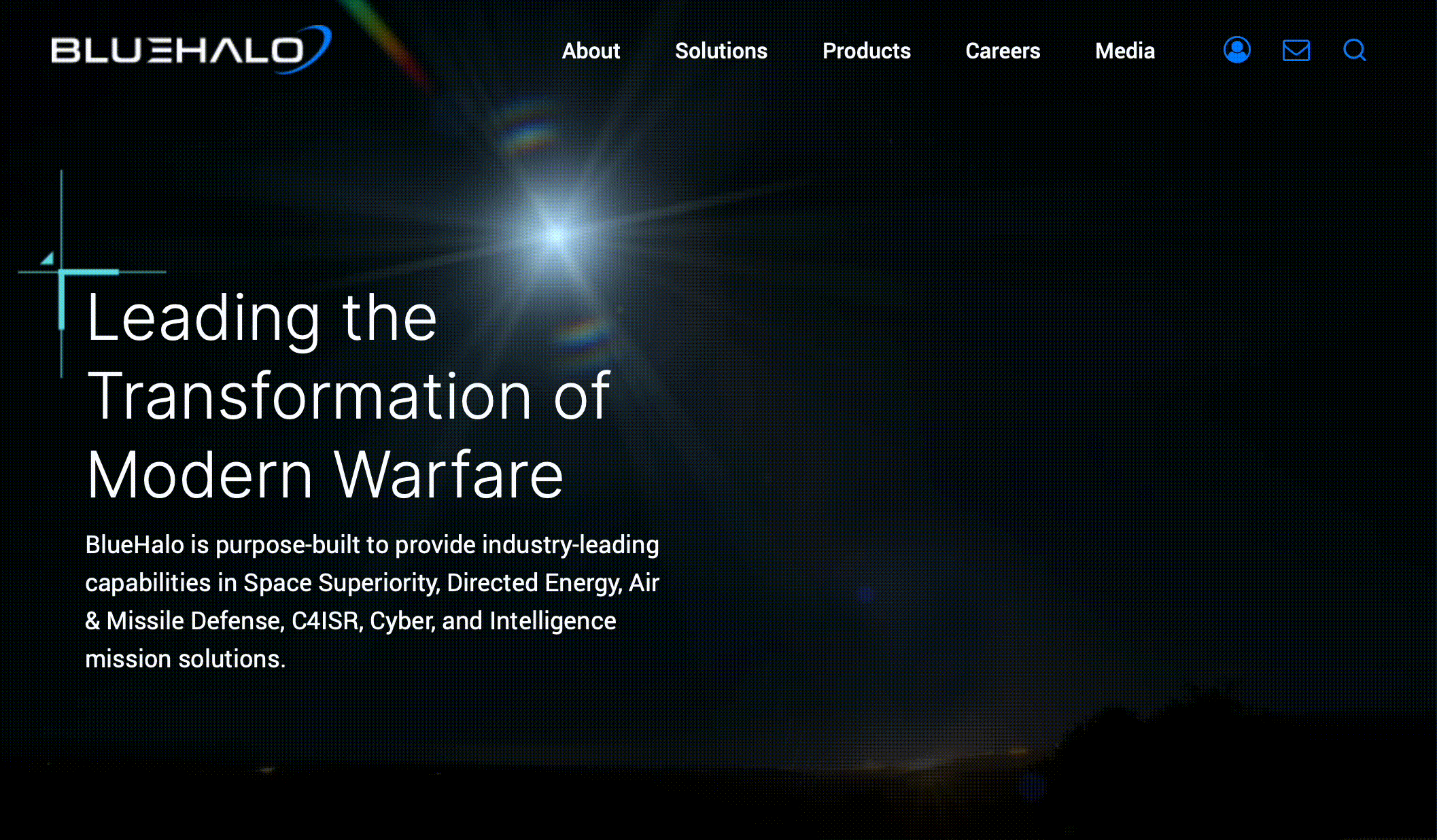The era of space travel being the exclusive domain of astronauts and government agencies is over. With the advent of commercial space travel, a new frontier has opened, not just for exploration but also for marketing and branding. As companies like SpaceX, Blue Origin, and Virgin Galactic make space travel more accessible to the public, brands have a unique opportunity to capitalize on this emerging industry. However, with these opportunities come new challenges that require innovative strategies and forward-thinking approaches.
The Dawn of Commercial Space Travel
The commercialization of space travel has shifted from science fiction to reality. Private companies are now regularly launching satellites, conducting space tourism, and planning missions to the Moon and Mars. This shift is creating a new marketplace—one that is not bound by the limits of Earth.
For brands, this means there’s a new, almost limitless, platform for visibility. The allure of space travel captures the imagination of people around the world, making it a powerful tool for storytelling, brand positioning, and customer engagement.

Marketing Opportunities in the Space Age
- Space as a Branding Platform: Imagine your brand logo floating in zero gravity or being displayed on the surface of the Moon. While it may sound far-fetched, these ideas are becoming increasingly feasible. Brands can now consider space as a literal platform for their messaging. For instance, SpaceX has already sent a Tesla Roadster into space as a marketing stunt, capturing global attention. The possibilities for creating iconic, out-of-this-world brand experiences are endless.
- Sponsorships and Partnerships: As commercial space missions become more frequent, brands have the opportunity to sponsor missions, spaceflights, or even entire space stations. These partnerships can provide unparalleled visibility and align a brand with the pioneering spirit of space exploration. Brands that are early adopters of these sponsorship opportunities can position themselves as leaders in innovation and technology.
- Content Creation and Storytelling: The narrative of space travel is rich with themes of exploration, discovery, and the future. Brands can tap into these themes to create compelling content that resonates with their audience. Whether it’s documenting a space mission, creating VR experiences that simulate space travel, or developing educational content about the cosmos, the storytelling potential is immense. This content can help brands connect with audiences on a deeper emotional level, fostering brand loyalty and engagement.
- Marketing to a New Demographic: As space tourism becomes more accessible, a new demographic of affluent, adventurous individuals is emerging. These space tourists represent a niche but lucrative market for luxury brands, travel companies, and experience-based services. Marketing strategies that cater to this audience’s desire for unique, exclusive experiences can be highly effective.

Challenges in the New Space Economy
While the opportunities are exciting, marketing in the realm of space travel also presents significant challenges. Brands need to navigate these carefully to ensure successful campaigns.
- Regulatory and Ethical Considerations: Space is a shared resource, and the regulatory environment governing space activities is still evolving. Brands need to be mindful of the ethical implications of their marketing strategies in space. This includes avoiding space debris, respecting international space laws, and considering the environmental impact of space activities. Missteps in this area could lead to public backlash and damage to brand reputation.
- High Costs and Risk Factors: Entering the space economy requires significant investment. Whether it’s sponsoring a space mission or creating space-themed content, the costs can be astronomical. Additionally, space travel involves inherent risks. Brands need to weigh these risks carefully and develop contingency plans to mitigate potential negative outcomes, such as mission failures or accidents.
- Audience Reception and Perception: While space travel is fascinating to many, it can also be seen as an elitist pursuit, accessible only to the wealthy. Brands need to be cautious about how their space-related marketing efforts are perceived by the broader public. Messaging should be inclusive and emphasize the benefits of space exploration for all of humanity, rather than just a privileged few.
- Technological and Logistical Challenges: Marketing in space requires overcoming significant technological and logistical hurdles. Whether it’s broadcasting live from space, designing durable materials that can withstand harsh space conditions, or coordinating with space agencies, the challenges are complex. Brands need to partner with experts in the space industry to ensure the feasibility and success of their campaigns.

The Future of Marketing in Space
As space travel becomes more mainstream, the impact on marketing and branding will only grow. In the near future, we may see space-based advertising, cosmic product placements, and even the first brands established in space. For companies willing to invest in this new frontier, the rewards could be immense.
However, the key to success will be innovation, creativity, and a deep understanding of both the opportunities and challenges that come with marketing in space. Brands that can navigate this uncharted territory effectively will not only capture the imaginations of consumers but also position themselves as pioneers in a truly new era of marketing.
At Bluetext, we’re excited about the possibilities that space travel presents for brands. Our team is committed to helping you explore this final frontier of marketing, developing strategies that align with your brand’s goals and resonate with your audience. Contact us today to learn how we can help your brand reach for the stars—literally.



